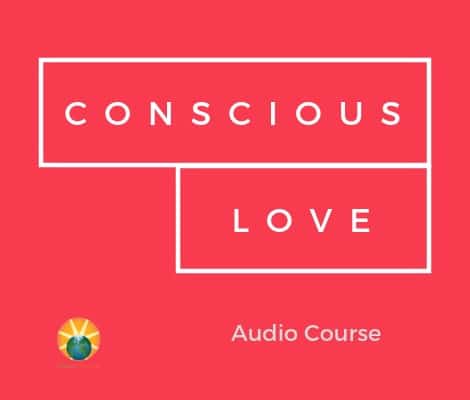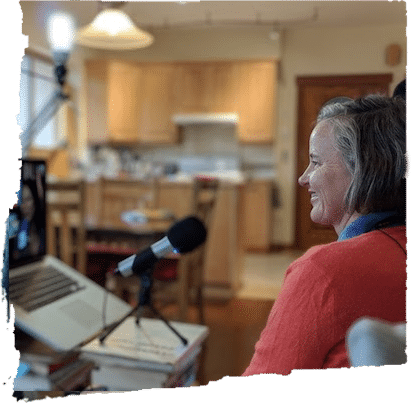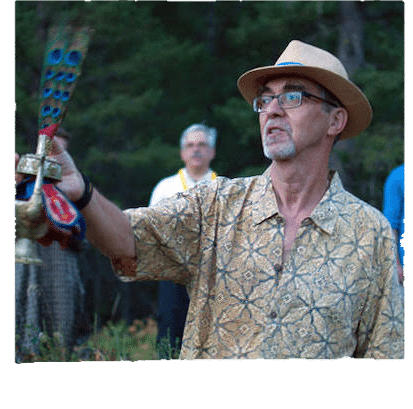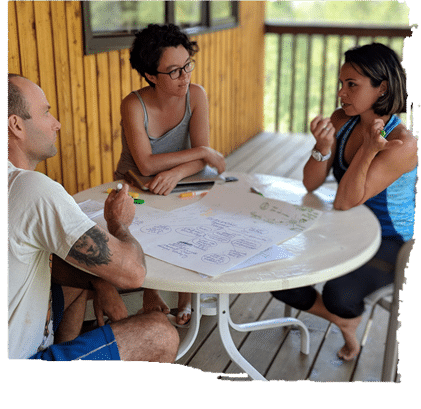What comes up when you ask yourself that age-old question, “What do I want?” Well, when it comes to how you exist in today’s world… This is never purely about the individual, is it.
Perhaps you crave true community. Maybe even a special sort of community? Perhaps, your being presents a desire to live in a thriving, conscious group of others—one that values people above profit, one that intentionally fosters the growth of each of its members? Perhaps, living and working with people who also value spiritual growth and awakening sounds appealing, for you.
Our sangha—or spiritual community—took root in Kyoto, Japan. A few of us crossed paths in the 1990s, and met the destiny of choosing to live in a conscious community together. For us, this comes with a lineage. We have a lineage of teachers, which means that we have been taught by our teachers, who were taught by their teachers. Our lineage honors teachers all the way back to the Buddha. Our particular lineage comes through Theravada and Vajrayana in Buddhism, and even beyond Eastern tradition through the Western Mysteries, within which our teacher Namgyal Rinpoche first awakened.
It’s now been over 20 years together as an evolving, awakening community. With over two decades of countless teachings and trainings, our move to Canada, and the building of our retreat center Clear Sky—well, we’ve learned a great deal about living, unfolding, and awakening—all in the journey together.
To share this love and learning, we’ve compiled five tips for building, growing and thriving in conscious community. We hope this helps you grow your own conscious community, and we invite you to come and check out our conscious retreat center. You can come experience and learn firsthand, and help co-create it.
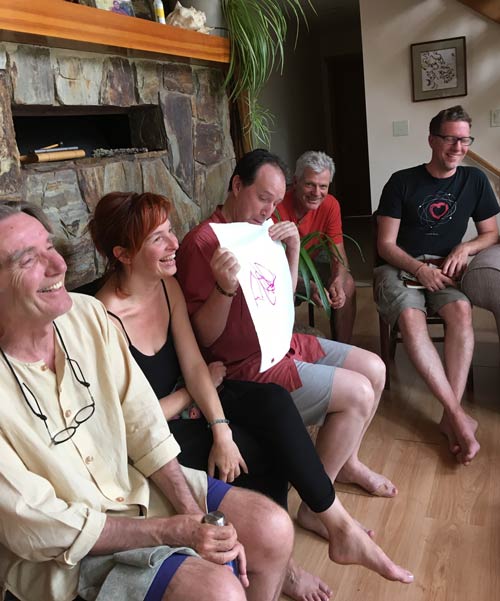
Five Tips for Building Conscious Community:
1. Consciously choose to act from a place of intention.
The most effective starting point for a partnership or community is a place of conscious and shared intention. Without intention, we automatically default to ‘bumbling along’. To make sure you don’t default to what’s comfortable or the status quo, have a conversation with your partnership, team or community members and make a commitment together to be intentional in the choices you make.
2. Every person is their own country.
In other words, we don’t all speak the same language or have the same views about how we should work/live/love together. When we remember this we can learn to treat each other with respect and work on learning each other’s ‘foreign languages’ (rather than just getting mad when someone doesn’t see things the way you do). Watch out for those moments when you automatically expect someone to have the same thoughts, opinions or to act the same way you do and don’t take it personally when they express differing or contrary opinions.
3. Let’s face it, all of our egos want control and power.
Our ego was built and shaped as a response to rejection. Around the age of two the child realizes it is ‘separate’ from the mother. This separation is felt as painful rejection and a loss of unity. From then on the ego’s main purpose is to manipulate and control and secure power, subtly or blatantly. This is in order to get what we want, which is to feel secure and protect against feeling that same deeply painful hurt all over again. If we can acknowledge that this is our conditioning, we can start to see this when it’s in play, and not let it run blindly unchecked.
Next time you are internally plotting out the best strategy to get what you want, check in with yourself and simply notice that this is what you are doing. It doesn’t mean you are necessarily doing anything wrong, but being aware and honest with yourself will mean that you have better leverage to make the choice that is best for the group, which may be the same or different from your current plans.
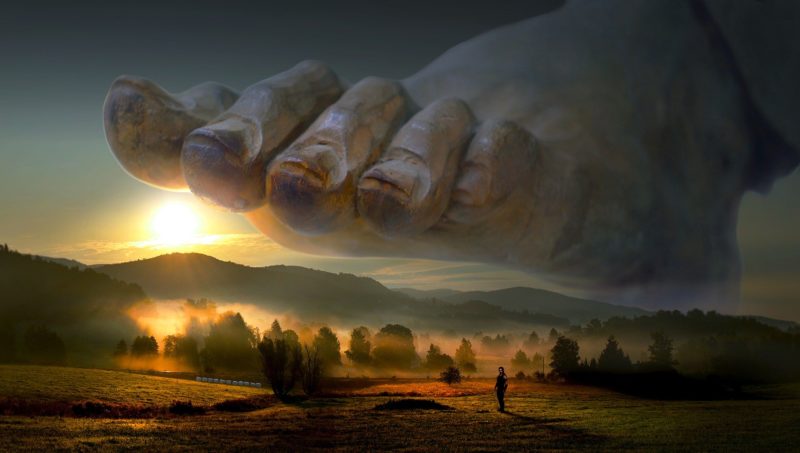
4. Happiness can’t arise for me if it doesn’t arise for you.
We are all in this together. Even if you’re doing great, if your friends, partners or colleagues are not, you can’t be completely happy. Thus, working together for the benefit of all is the surest way to ensure greater happiness for yourself and others. The deepest joy happens when we bring real benefit to the lives of others.
5. A conscious, intentional community needs a powerful and overarching vision.
Being in community is inevitably difficult at times. A powerful, shared vision creates the glue that holds us together when our egos want to fight, run, or avoid. When we’re struggling, it’s natural to sink into our own likes, dislikes or hurt feelings. A shared vision gives us something bigger and more important to lean on in challenging times.
We hope you find these helpful. The more conscious communities there are in the world, the better—for everyone and everything.
The foundation of conscious community is conscious, loving relationships between individuals.
Your relationships can keep you spinning in the same cycles—or, like anything else, you can use them as a vehicle for liberation. And, you can choose to do this together.
We invite you to listen to our free audio course on Conscious Love and Relationships to gain insight into how to make all relationships more conscious, liberative, and aligned with your highest aspiration and values—whether it’s with partners, parents, coworkers, friends, roommates, or someone on the customer service line. Relationship is at the heart of being, and healthy and conscious relationship all begins with you.
Enter your details below to download the full Conscious Love audio course and subscribe to Planet Dharma. You’ll receive occasional articles, news and helpful Dharma material. (Don’t worry, we will be kind to your inbox!)
